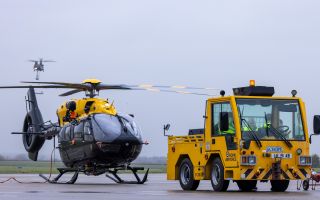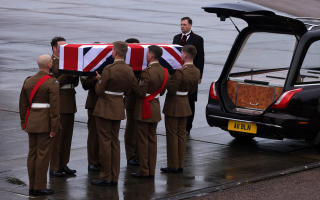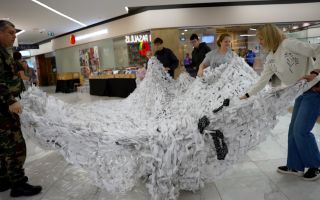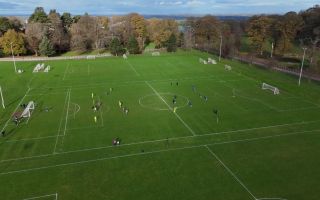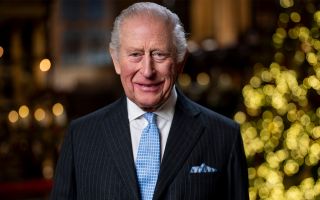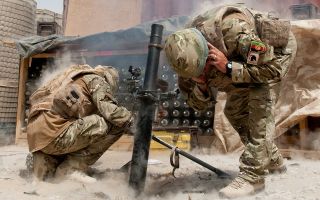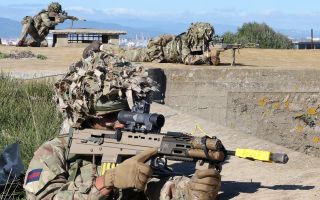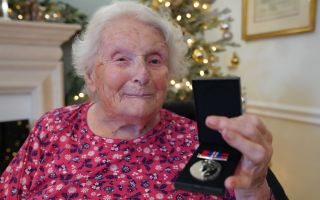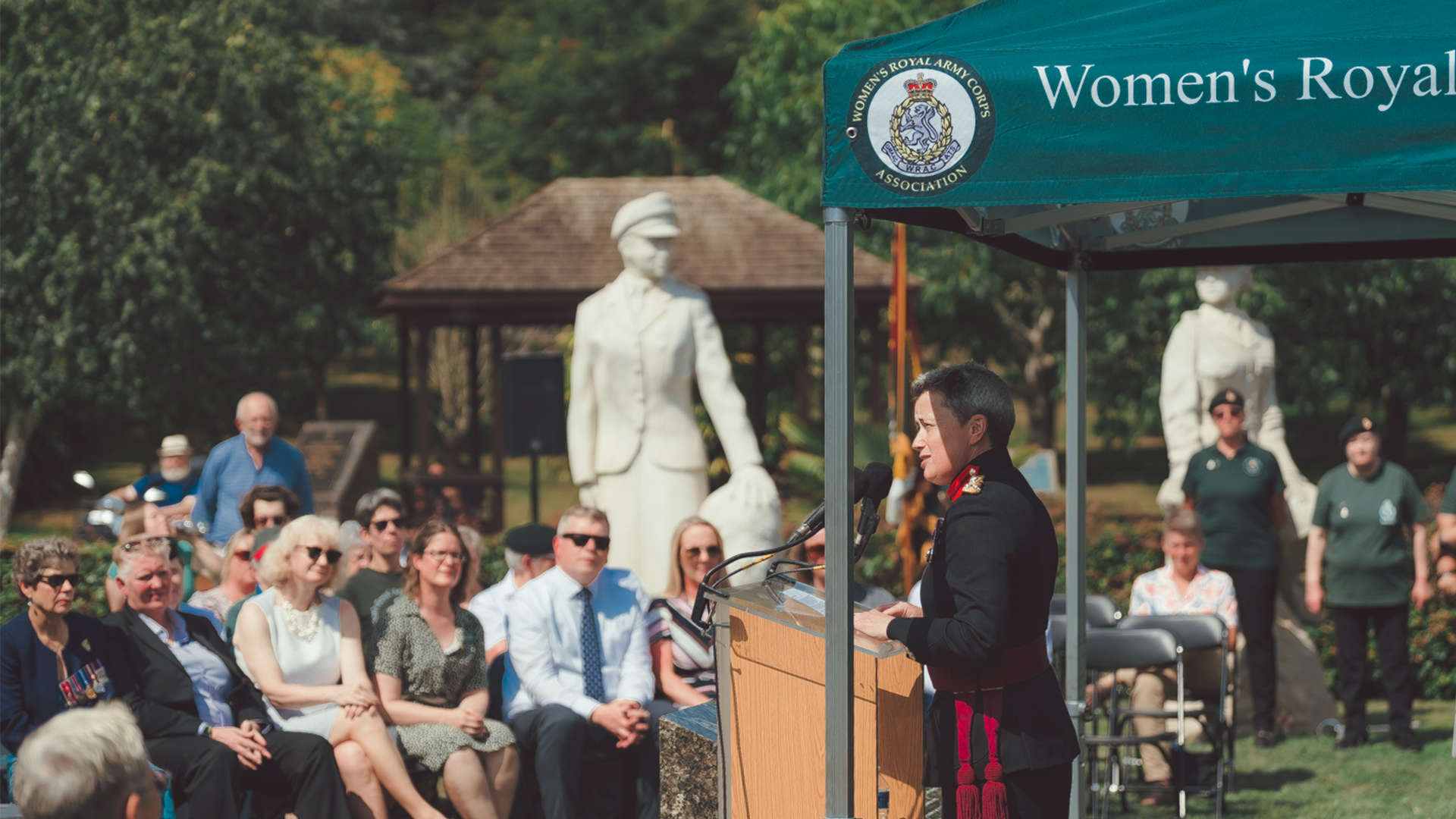
Lesbian veterans receive berets decades after ban kept them from Remembrance events

Twenty veterans of the Women's Royal Army Corps (WRAC) have been formally presented with berets and cap badges at the National Memorial Arboretum – symbols they were once banned from wearing at remembrance events under the Armed Forces' pre-2000 gay ban.
The open-air ceremony in Staffordshire, hosted by the WRAC Association, the servicewomen's charity, was led by Brigadier Clare Phillips, who delivered a formal apology on behalf of the British Army.
Around 100 female veterans gathered to witness the moment, including representatives from the Office for Veterans' Affairs, the Armed Forces Covenant Fund Trust, and the LGBT+ veterans' charity Fighting With Pride.
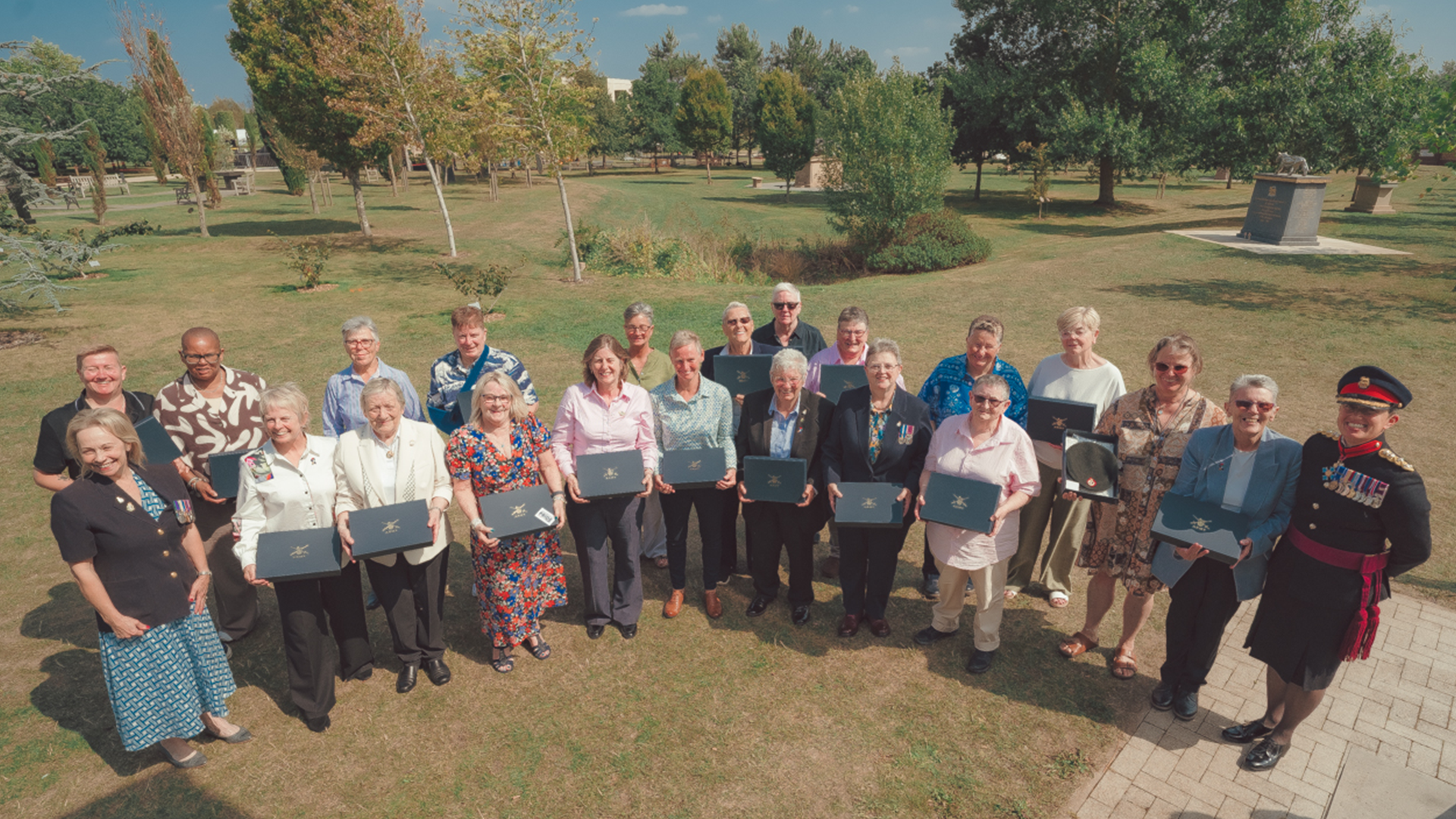
Ban kept veterans out of remembrance events for decades
Until 2000, being gay in the Armed Forces was a criminal offence. Thousands of service personnel were investigated, dismissed, or forced to resign, and many were subsequently barred from wearing their uniforms or regimental insignia at public events.
For WRAC veterans, the prohibition meant exclusion from remembrance parades and a lasting sense of disconnection from their corps.
The WRAC Association's presentation ceremonies are designed to reverse that, publicly restoring the place of veterans within the military community.
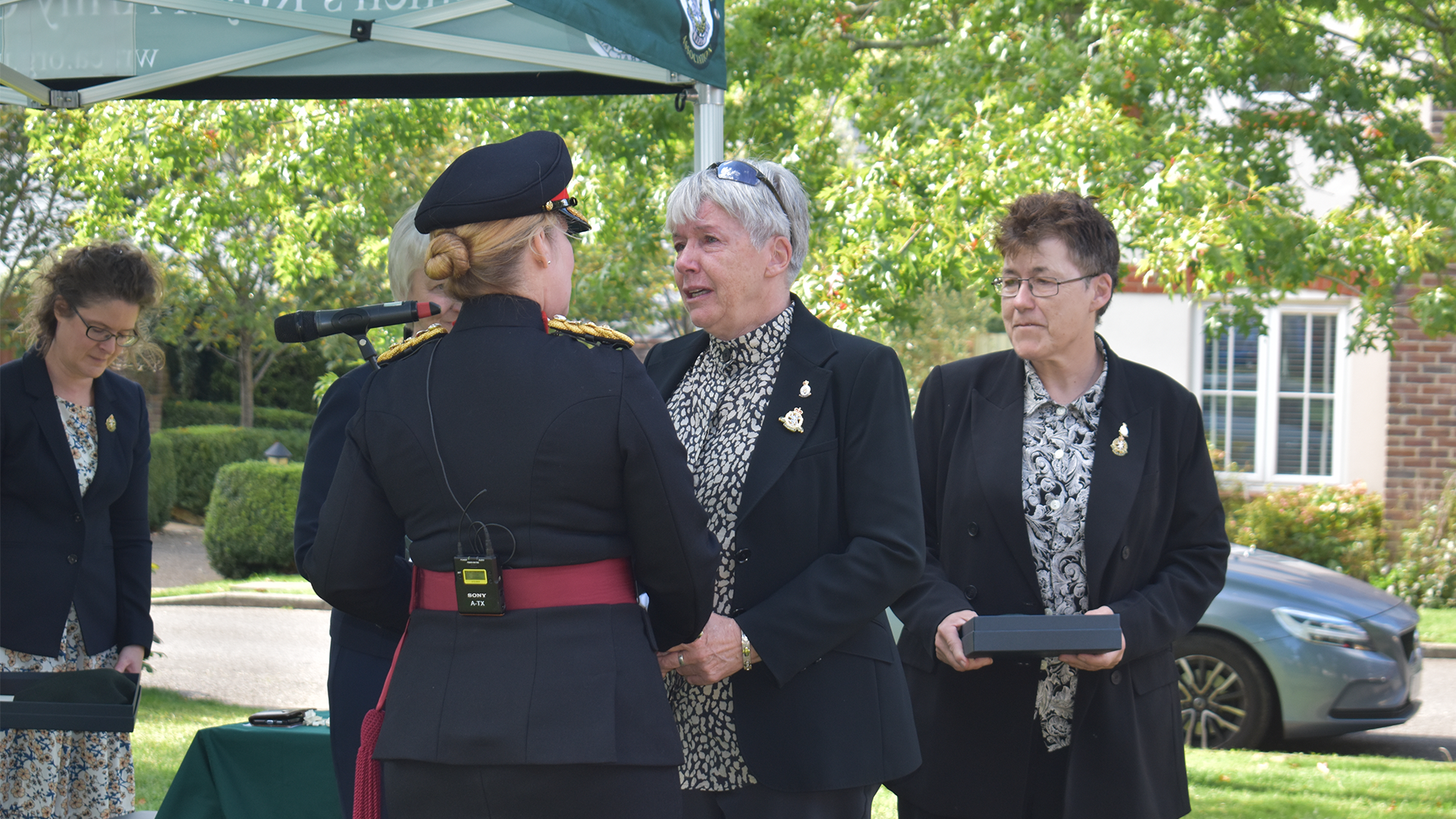
'No longer ashamed' – veteran's emotional return
Sunday's event in Staffordshire is the latest in a series of reconciliation ceremonies organised by the WRAC Association, which has been welcoming back women dismissed under the Armed Forces' pre-2000 gay ban.
"The trauma caused not only mental scars but also physical ones due to the shame and self-hatred I felt... I could not accept myself for being 'me' for many years," she said.
Jean returned to the WRAC Association more than 40 years after she was dismissed due to her sexuality.
She thanked the association for their help and support and said she no longer feels ashamed, but is hopeful for the future.
Veteran Karen O'Grady said: "The receiving of my beret and badges was an extremely rewarding and very emotional experience.
"The words spoken by Brigadier Clare Phillips touched the heart of every recipient and prompted many tears as we all remembered our experiences.
"'Welcome home lioness', said by a previous recipient in the guard of honour, will stay with me always."
Megan Stewart, another veteran, said: "The ceremony's openness and the impressive guard of honour by the WRAC Lionesses showed me that they were genuinely apologising for the past and welcoming us back.
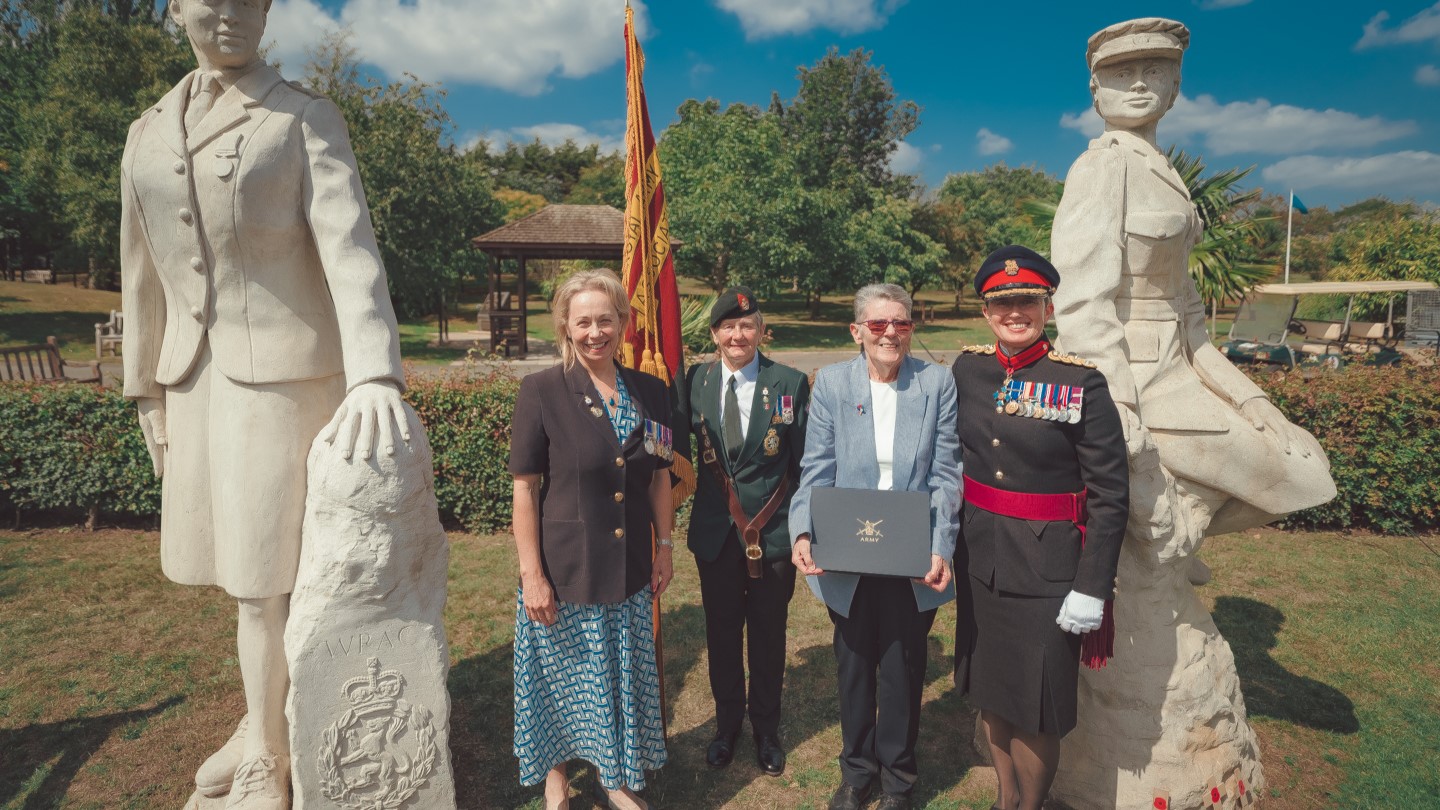
"I almost didn't apply because I still felt betrayed. However, the warmth I felt during this event was truly special.
"It reminded me of the strength found in community and healing. I encourage all women who were affected to come forward. Our experiences matter, and together, we can find support and understanding as we move forward."
Fourteen presentations were held in 2024, as well as a grand reunion weekend event in Cardiff earlier this year.
These events see veterans travel from across the UK and overseas to reconnect with former comrades and receive a public apology.
In Cardiff, Brigadier Clare Phillips, Deputy Military Secretary at the Army Personnel Centre, spoke of her own experience of being unable to serve as her authentic self during the first five years of her career before the ban was lifted – words that moved many of the 300 female veterans present to tears.
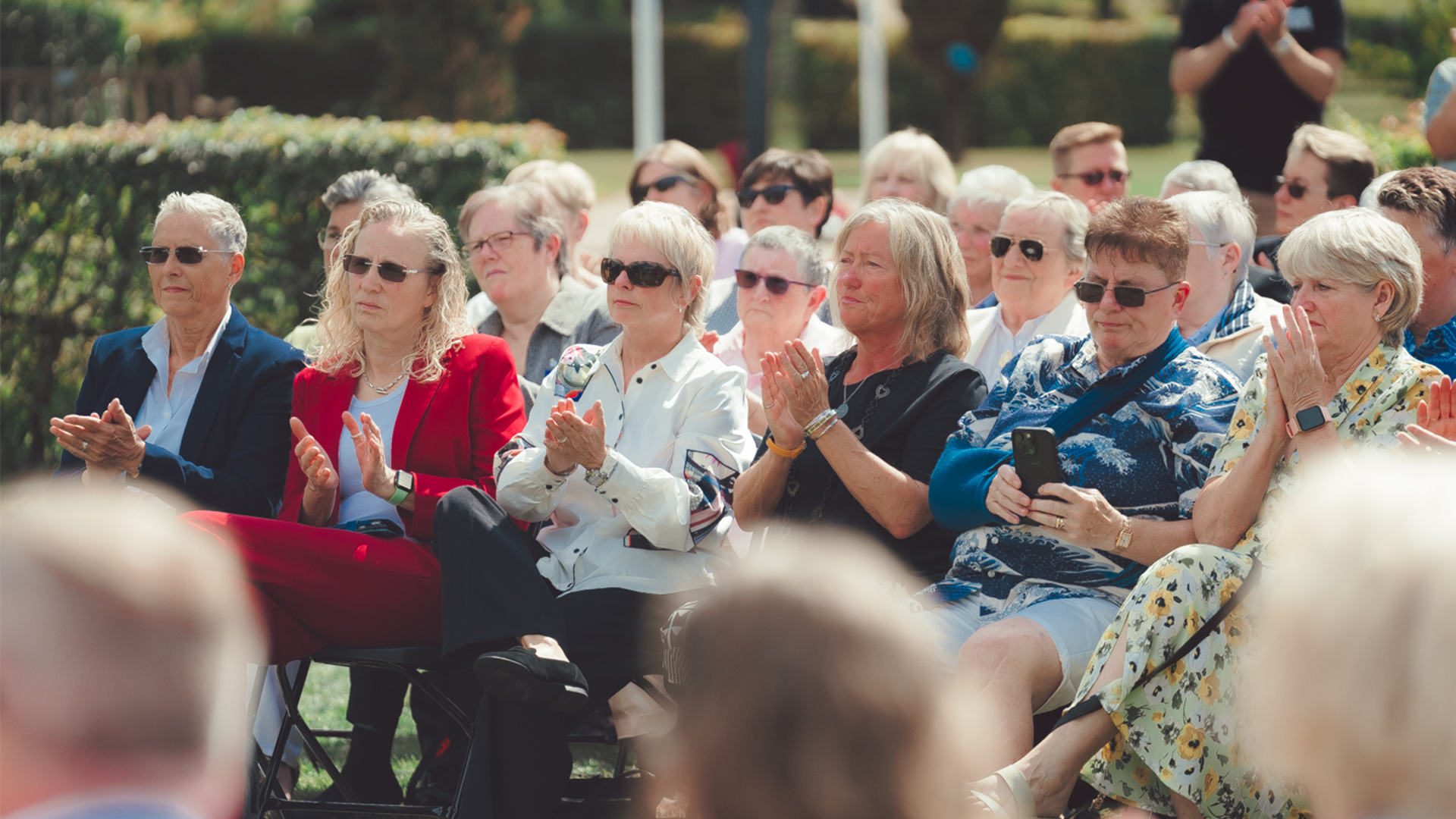
Calls for faster payouts from £75m fund
Campaigners and MPs continue to press the Government to speed up compensation payments for LGBT veterans affected by the ban.
The scheme, announced following the 2023 Etherton Review, set aside £75m in redress, but only 96 of 1,119 applicants – 8.6% – have so far received payouts.
Veterans' groups, including Fighting With Pride, are calling for immediate £50,000 payments to those whose discharge status has already been confirmed, arguing that current delays risk denying justice to elderly or unwell veterans.

